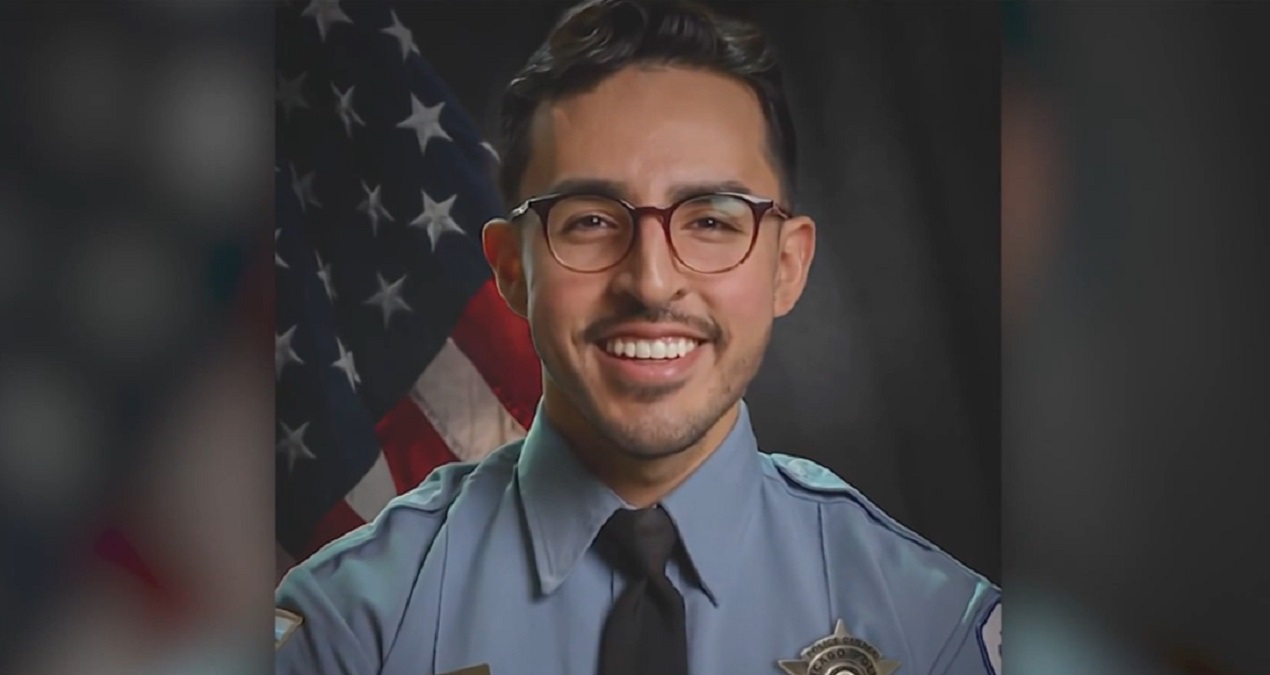We Chicagoans have heard (and told) our fair share of Comcast and ComEd horror stories, but this one takes the cake.
In November, Carolyn Pfeifer, 67, reported a low-hanging cable outside her Plainfield home to Comcast. A technician arrived promptly and climbed the utility pole on her property to fix the problem.
Ten minutes later, the technician reported back to Pfeifer. But it wasn't because the cable had been fixed. Instead, Pfeifer now had a much bigger problem in her backyard.
"I'm sorry," said the tech. "I broke the pole."
The technician joked about going on a diet, but the broken pole leaning against an evergreen tree was no laughing matter. The tech assured Pfeifer that Comcast would repair the pole.
Surely, this seems like a straightforward predicament with an obvious answer. But of course, this wouldn't be an interesting story if it ended where it obviously should.
When another Comcast tech came out and assessed the situation, he told Pfeifer there was nothing he could do. According to him, the pole belonged to Commonwealth Edison, so it was their problem.
Local
Two months later, ComEd sent out its own tech, who examined the broken pole. The rep then told Pfiefer that, because the pole was on her property, it belonged to her, so it was her problem.
ComEd told her that she had 30 days to fix her pole, or else her power would be shut off.
Pfeifer called several contractors, but she was told that the ground was too cold to install a new pole. And if she opted to bury the wires, it would cost her $6,000.
The 67-year-old widow, now in a state of absolute panic, called upon the Chicago Tribune's columnist Jon Yates, penman of "What's Your Problem?," for help.
Yates called both Comcast and ComEd on her behalf, and both companies promised to help. Comcast agreed to replace the pole, while ComEd assured that Pfeifer's power would stay on.
ComEd spokesperson Luis Diaz explained that the deadline had been put into place for the customer's safety.
"We can't allow the situation to exist as it is," Diaz said. "I just think we need to coordinate between Ms. Pfeifer, Comcast, and ourselves."
And while Pfeifer was elated that the problem was finally solved, it is unfortunate that a third party had to get involved. Too often, businesses—or even several departments within a business—aren't willing to synchronize to the benefit of the customer.



